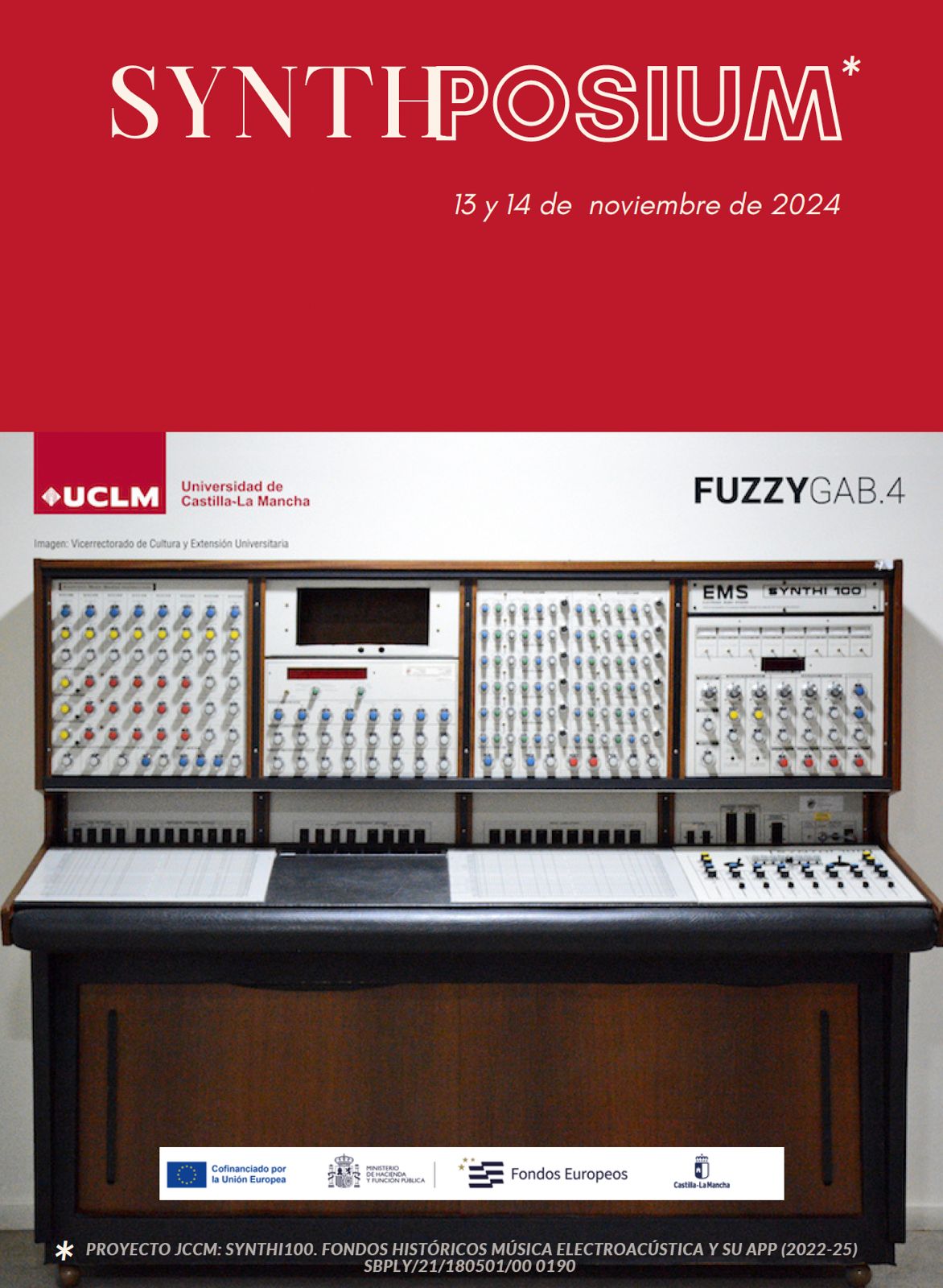

Zoetics on the Synthi 100: an introduction to building and linking pseudo-organisms/creatures to make a zoetic engine.
PAUL PIGNON:
On the first day I would build several creatures from scratch, explaining what I am doing and what outcome I expect. As it will be hard for so many participants to follow what I do in detail, even with CCTV, I will make use of the whiteboard to draw circuit diagrams and add written commentary when appropriate.
I would link up these creatures to create a zoetic engine which will take on a life of it’s own, and also react to sound signals fed to it from the outside world. There must also be one or more microphones and a PA, both to capture sounds from environment to which the creatures can react, but also to allow me to embed one or more acoustic feedback loops into the circuits of the creatures.
When this is achieved I can invite individual or perhaps pairs of students to directly interact with engine, with voice, acoustic or electronic instruments. Together we may examine how different kinds of input excite the engine to different kinds of response, and investigate how tweaking certain parameters and/or connections can change the nature of this response.
Given the large number of attendees, and wanting everyone to get a chance for hands-on interaction. this would extend into and probably fill up the second day.
The whole time I would of course be ready to receive questions and try to make explanations.
Regarding the third day “concert”, I don’t know if there is any predefined format as to who participates and does what. I can suggest that those who attended the first two days take on the role of performers, mostly performing duets with the zoetic engine using voice, instruments or noise sources as they wish. While this is going on I and some other participants might actually make real-time adjustments to the engine to alter its behaviour.
Afterwards we can of course discuss what we have experienced, and the general concepts of pseudo-creatures interacting with humans.
Biography: British, Stockholm-based performer and composer, born May 5, 1939 in London.
Pignon studied physics. Settling in Yugoslavia in 1963, he studied composition with Vladan Radovanović and became a founding member of Radio Belgrade electronic music studio (1968).
Pignon moved to Sweden in 1983 in order to work at Elektronmusikstudion as an engineer and teacher, also assisting guest composers. Pignon curated concerts, radio broadcasts of electro-acoustic music and undertook researches in psychoacoustics, quantitative pitch analysis and speech spectral analysis. Pignon performed in Interaction free jazz group, and also composed and wrote jazz arrangements.




Deja una respuesta